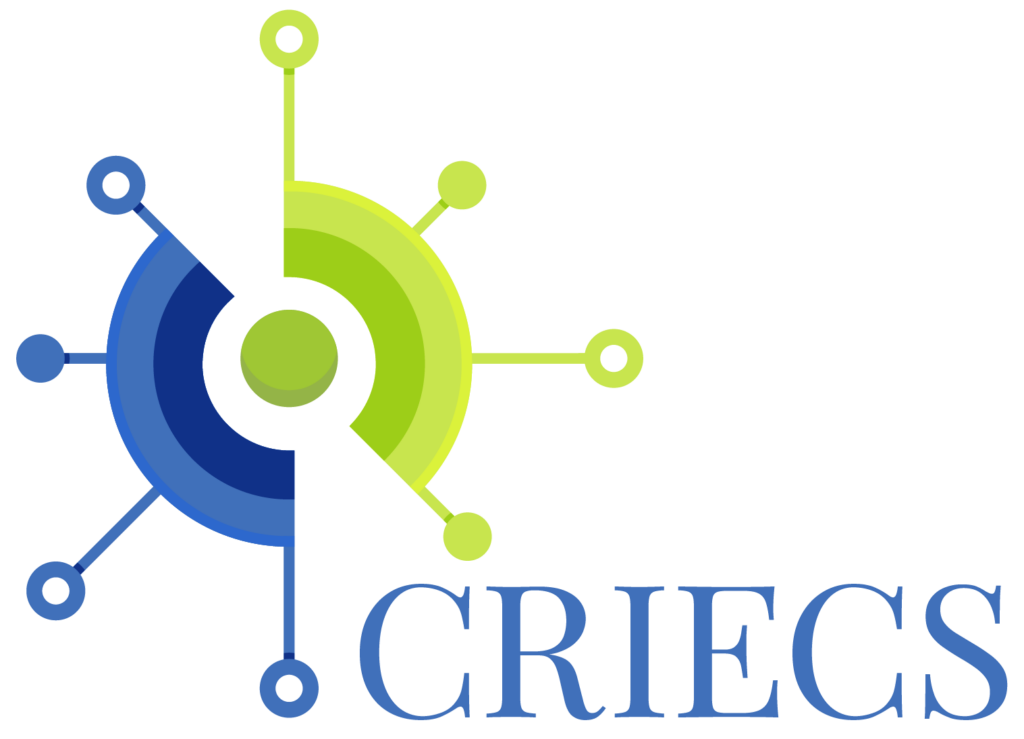The EU raises the alarm: “A threat to health, economy and Made in Italy”
From fake labels to health risks: the fake food supply chain threatens Europe. Brussels is focusing on controls and traceability.
Prestigious bottles and carefully packaged goods often hide a sophisticated and illegal supply chain that distributes counterfeit and potentially harmful food products, exploiting the anonymity of e-commerce. The main sources of these fakes are China, Turkey and networks within the European Union, which take advantage of gaps in control and traceability systems.
Frauds affect a wide range of products: from adulterated wines to blended olive oil, and dairy products with fake labels. Inspections have detected toxic substances such as methanol and banned pesticides, posing serious risks to consumer health.
The economic damage is enormous: over €2.2 billion in lost sales every year in the EU in the alcoholic beverages sector alone, not to mention lost jobs and missing tax revenues.
To combat the phenomenon, Brussels is emphasizing the importance of Protected Geographical Indications (PGI and PDO), which certify more than 3,600 European products.
But the response cannot stop here. The EU Commission stresses the need to strengthen controls, promote international cooperation, and encourage a culture of informed purchasing. The fight against food counterfeiting is now more than ever a strategic priority to protect public health, legality, and Europe’s agri-food identity.
Food counterfeiting on the rise
Record seizures and losses of over €300 million per year are hitting the heart of Made in Italy.
Italy pays a heavy price for counterfeit food: over €300 million in losses each year, with consequences for employment, tax revenue, and the reputation of Italy’s agri-food sector.
The alarm was raised by the European Union Intellectual Property Office (EUIPO), which released updated data for 2024, confirming a worrying upward trend.
The figures are clear: €91 million worth of products were seized at EU borders in the food & beverage sector alone, the result of joint operations between Europol and Interpol, which led to the seizure of 22,000 tonnes of food and nearly one million litres of beverages, often counterfeit or adulterated.
Source: Il Sole 24 Ore




